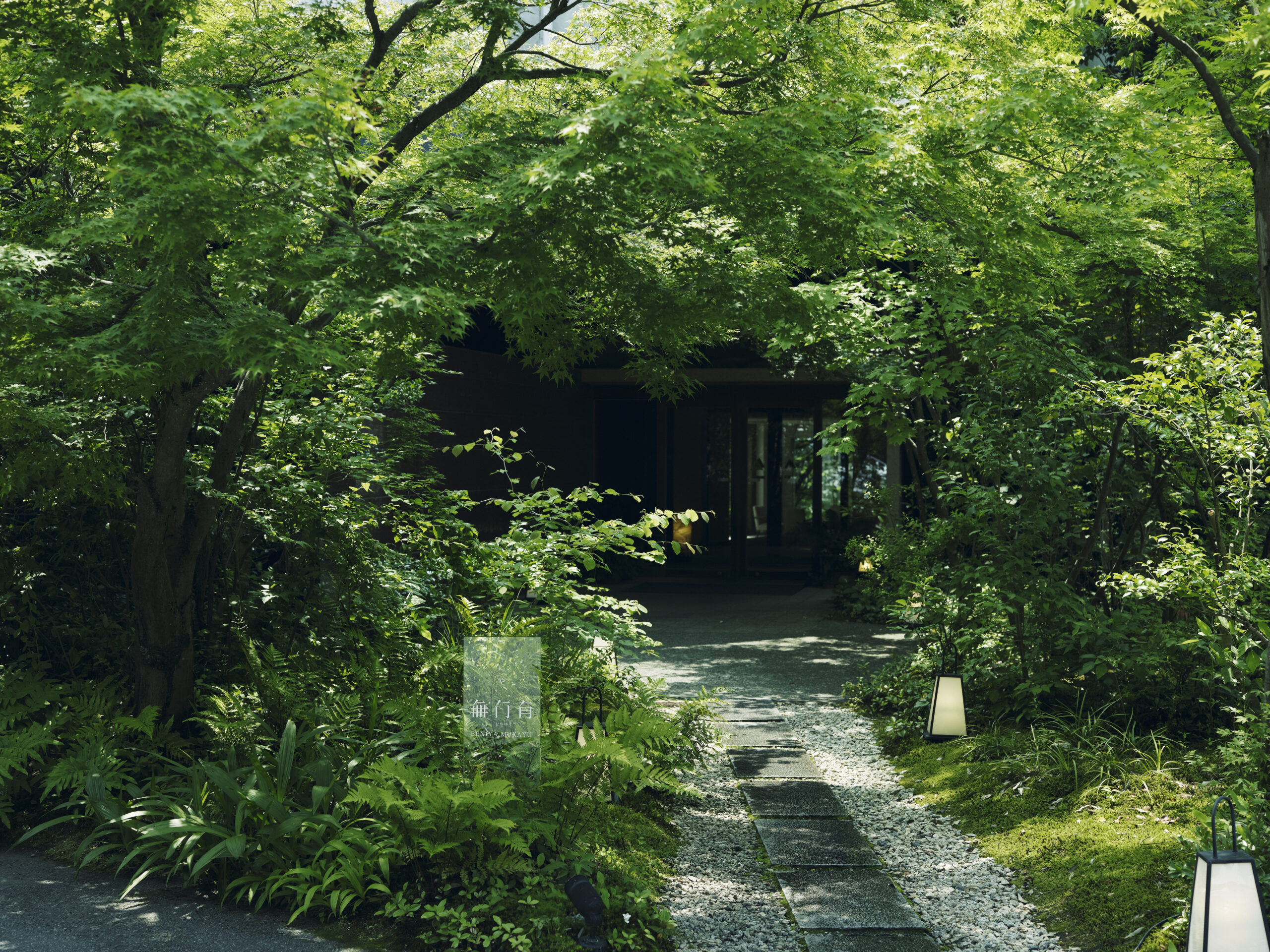Scott Haas Goes To Meet Sachiko Nakamichi: The Japanese Way of Acceptance

After reading Scott Haas’ book “Why Be Happy? The Japanese Way of Acceptance”, Sachiko Nakamichi, owner of the ryokan Beniya Mukayu, and Scott Haas, North American writer and psychologist, share their lively, fun, informative conversations about Japan: its culture and joys.
NOTE TO THE READERS
All quotes in italics are taken from Scott Haas, Why Be Happy? The Japanese way of acceptance, Hachette, 2020. The book is available in English, Japanese and 10 more languages. The talks have been recorded between December 2020 and May 2021 and they were filled with fun and laughter, which we hope can still be found in the transcripts.
CONTENTS
Foreword by Sachiko Nakamichi
FIRST TALK – Chapter Five “Soaked”
1.1 Hot spring bathing in Japan and around the world
1.2 How to bath in hot springs in Japan
1.3 The benefits of bathing: pleasure and science
1.4 Bathing and spirituality
SECOND TALK – Chapter Twelve “What Would Dogen Do?”
2.1 On Japanese food and kaiseki
2.2 Dogen: Japanese food and Zen teachings, past and present
2.3 Basic principles: gomi, goshoku, goho
2.4 Seasonality
2.5 School education: Zen roots and ukereiru in the menu
2.6 School education: Zen roots and ukereiru in table manners and cleaning duties
THIRD TALK – Chapter Six “What Is Nature?”
3.1 Finding one’s position in nature, changing your life and discover where you fit in
3.2 Childhood memories, nature and the origin of Beniya Mukayu
3.3 Nature as a source
3.4 Temples and ryokan
3.5 Appreciating nature’s changes and the present moment
3.6 Traveling during Covid-19
FOURTH TALK – Chapter Seven “Silence”
4.1 Different generations have different views on the value of silence: Sapporo Beer
4.2 Different generations have different views on the value of silence: a poem
4.3 Offering opinions versus listening
4.4 The traditional value of silence: the Japanese tea ceremony
4.5 Special experiences of silence: the extraordinary and the ordinary
FIFTH TALK – Chapter Nine “Everything is nothing”
5.1 Kanazawa people: Yoshio and Yoshiro Taniguchi, D.T. Suzuki,
5.2 Kanazawa’s unique atmosphere: samurai culture influenced by Zen and a big reconstruction plan
5.3 The D.T. Suzuki Museum
5.4 Nothingness and Mukayu: richness in emptiness
5.5 Why Be Happy? At a ryokan
Afterword by Scott Haas





